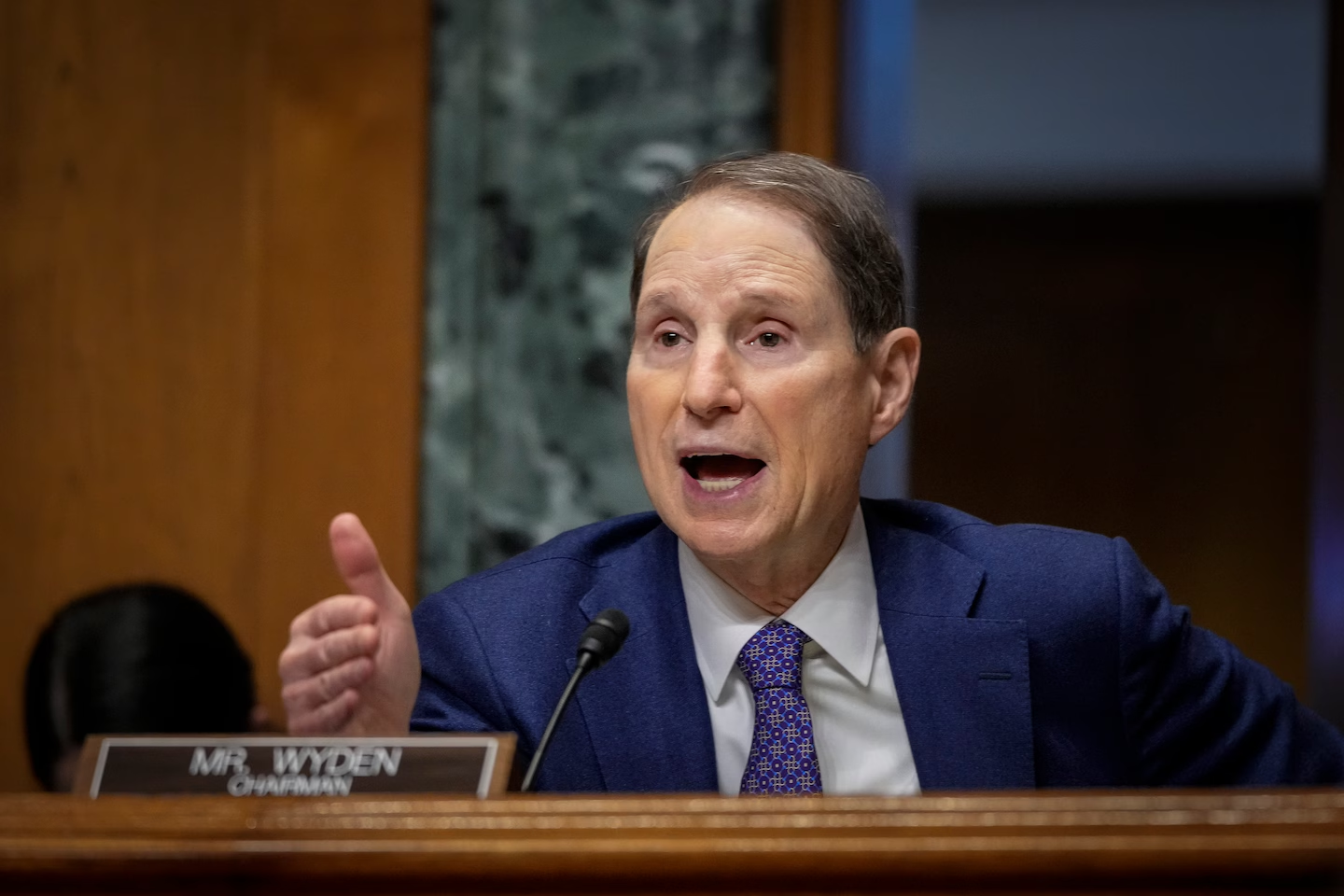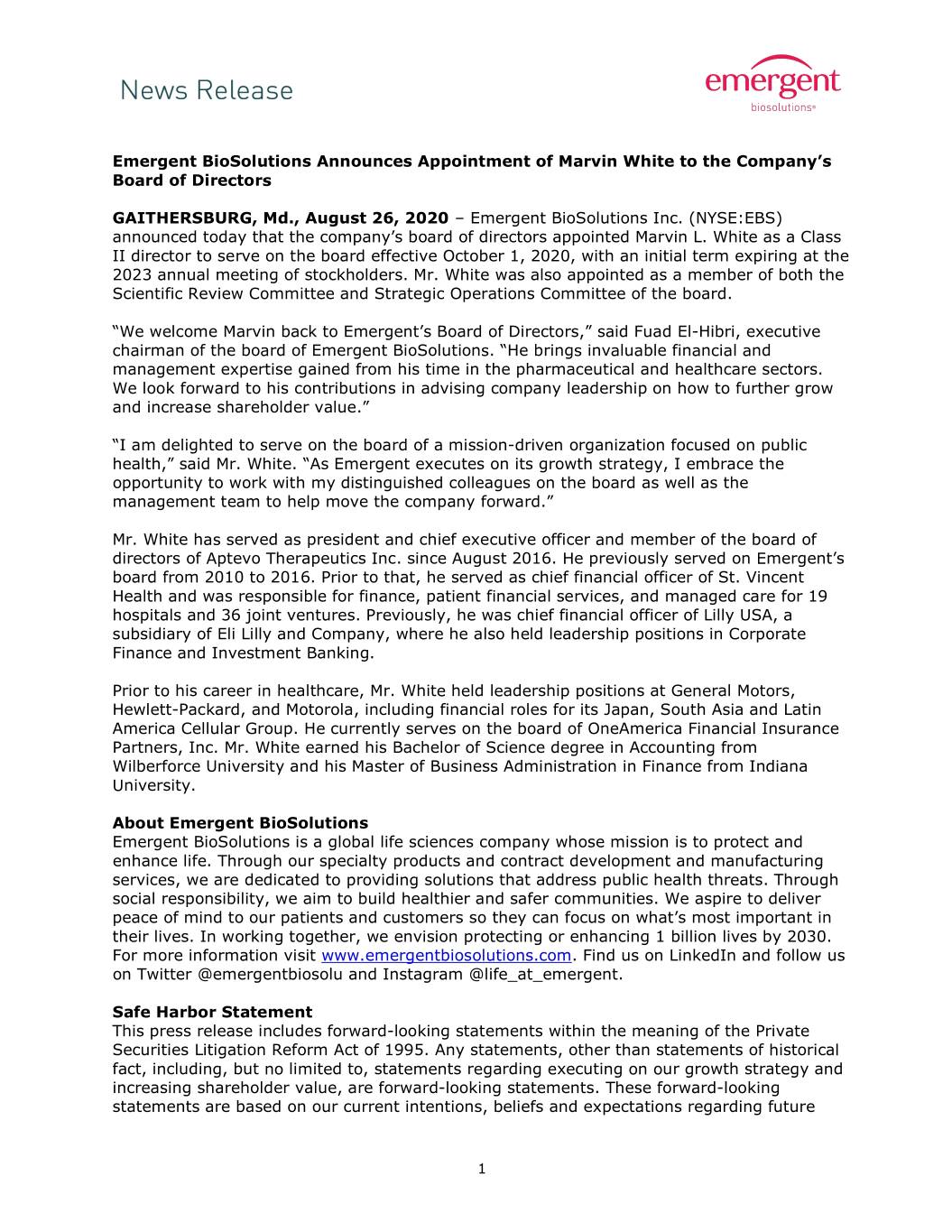Narcissism"s Hidden Epidemic
Narcissistic Personality Disorder (NPD) affects approximately 1% to 2% of the general population, with higher prevalence among clinical populations, according to research findings. This means that millions of Americans are entangled in relationships characterized by emotional manipulation, undermining their mental health. With the prevalence of narcissism growing, the public health implications are profound, yet the healthcare system remains ill-equipped to address these pervasive issues.
Understanding Passive-Aggressive Behavior
Passive-aggressive behavior is a common tactic used by narcissists to exert control over others. This might manifest as backhanded compliments, sabotage, or the silent treatment, causing significant psychological damage to victims. As reported by Psychology Today, the toll of this abuse is substantial, leading to anxiety, depression, and a host of other mental health issues. The inability to confront these behaviors directly can trap individuals in toxic environments, whether at home or work.

Congress is turning attention to mental health - The Washington …
Lack of Empathy in Healthcare
The healthcare system"s failure to recognize and address the ramifications of narcissistic abuse is alarming. When victims seek help, they often encounter professionals who lack the training to understand the nuances of NPD and its impact on mental health. According to clinical research, the lack of empathy in healthcare settings can exacerbate the trauma experienced by individuals dealing with narcissistic relationships. This neglect reflects a broader systemic issue within mental health care, where the focus often remains on treating symptoms rather than understanding underlying traumas.
Barriers to Mental Health Access
Access to mental health resources is fraught with barriers, particularly for those suffering from the effects of narcissistic abuse. Many individuals report hesitation in seeking help due to stigma, financial constraints, or inadequate insurance coverage. The statistics are troubling, as data indicates that only a fraction of those in need receive appropriate care. This lack of access perpetuates a cycle of victimization, leaving individuals vulnerable to further emotional harm.

a082620boardappointsmarv
Urgent Need for Policy Change
Addressing the mental health crisis linked to narcissism requires immediate action from policymakers. There is a pressing need for initiatives that expand mental health education, increase funding for treatment programs, and ensure that healthcare professionals are trained to recognize and address the signs of narcissistic abuse. Mental health should be treated with the same urgency as physical health, especially given the significant toll that emotional trauma can take on overall well-being. The current state of healthcare policy does not adequately reflect this need, leaving many to navigate these challenges alone.







![[Video] Gunfire between Iraqi security forces and Sadr militias in Baghdad](/_next/image?url=%2Fapi%2Fimage%2Fthumbnails%2Fthumbnail-1768343508874-4redb-thumbnail.jpg&w=3840&q=75)
